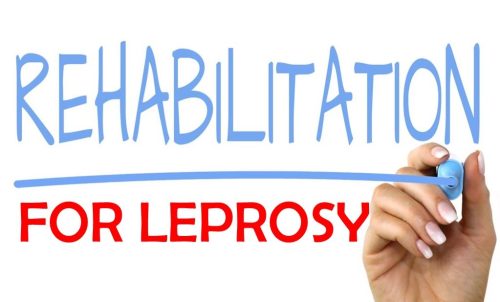In an effort to address the pressing issue of functional activity limitation among leprosy cases in an endemic area in Indonesia, a recent study has shed light on the challenges faced by those affected and recommended an integrated participation program as a crucial solution. The research, titled “Functional Activity Limitation of Leprosy Cases in an Endemic Area in Indonesia and Recommendations for an Integrated Participation Program in Society,” provides insights into the necessity of comprehensive support for individuals living with leprosy.
Conducted by a team of dedicated researchers, the study emphasizes the following key points:
Scope of the Problem: Leprosy remains a significant public health concern in Indonesia, particularly in endemic areas. This study underscores that the impact of leprosy extends beyond physical health, affecting individuals’ ability to engage in daily activities and participate fully in society.
Challenges Faced: Leprosy can result in various functional limitations, including impaired mobility, loss of sensation, and disfigurement. These challenges can have a profound impact on an individual’s social and economic well-being.
Recommendations: To address these issues effectively, the study recommends the development of an integrated participation program. This program should focus on rehabilitation services, social inclusion, and economic empowerment for individuals affected by leprosy.
Inclusivity and Dignity: The study highlights the importance of treating individuals living with leprosy with respect and dignity. Inclusivity and combating stigma are crucial components of any successful program aimed at helping those affected.
Economic Empowerment: By providing opportunities for vocational training and income generation, the integrated participation program can help individuals affected by leprosy regain their self-sufficiency and contribute to their communities.
Community Engagement: The success of such a program relies on the active involvement of local communities, healthcare providers, and government support. Collaboration among these stakeholders is essential for its success.
Dr. B Nugraha, one of the researchers, stressed the urgency of implementing such programs. “Our findings reveal the significant impact of leprosy on individuals’ lives. We have a moral responsibility to address these challenges and support those affected in their journey toward full participation in society.”
The study’s recommendations align with global efforts to eliminate leprosy as a public health issue by 2030, as outlined by the World Health Organization. Effective integration of participation programs can contribute not only to improved health but also to the broader goal of social inclusion.
In conclusion, the study “Functional Activity Limitation of Leprosy Cases in an Endemic Area in Indonesia and Recommendations for an Integrated Participation Program in Society” underscores the need for proactive measures to support individuals affected by leprosy. By implementing integrated participation programs, Indonesia can take a significant step toward ensuring that individuals living with leprosy are not only treated medically but also empowered to lead fulfilling lives as active members of their communities.

